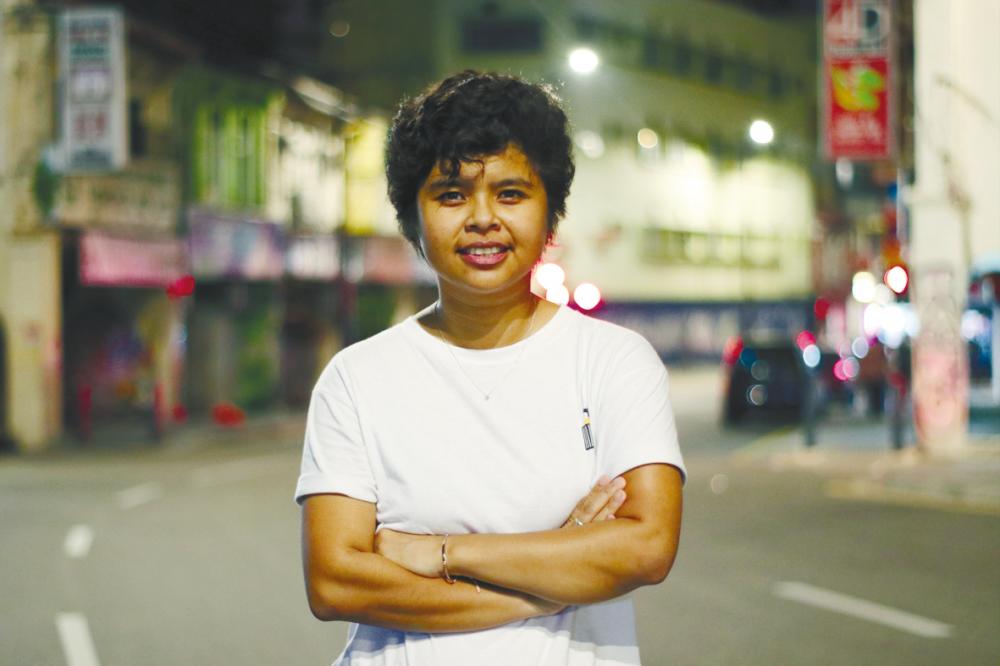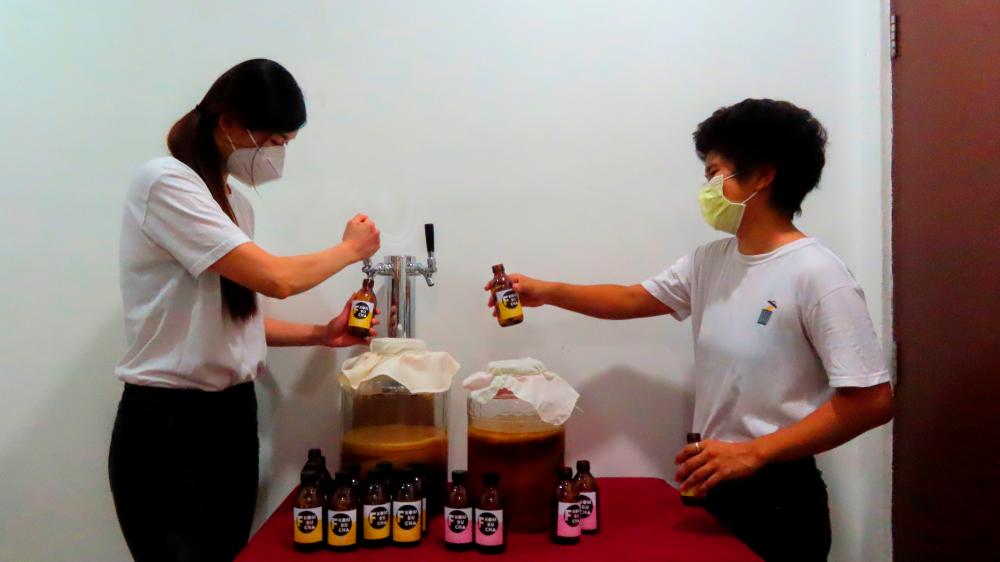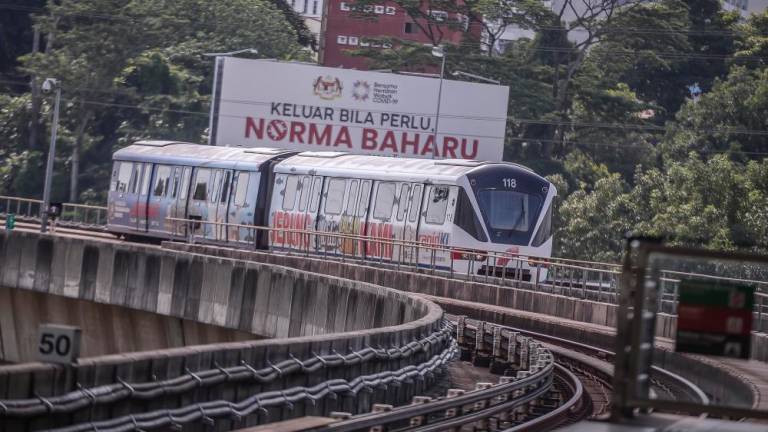HEALTH food enthusiast Tan Shi Wen is passionate about two things in life – her health, and saving so-called ‘ugly food’, which are vegetables or fruits thrown out by grocers or removed from supermarket shelves due to a deformity or failing to meet standards on size and shape.
Such food items are discarded despite still containing the same amount of nutrition and taste, becoming a major contributor to food waste.
Consequently, ‘ugly food’ movements have sprouted around the world, intending to rescue and redistribute such aesthetically-challenged items.
Tan, who is a lawyer, had the bright idea of turning these otherwise unwanted foods into a healthy drink – kombucha, a fermented tea rich with health benefits and probiotics.
Tan, 34, worked with her friend Nadia Fadzil, 32, a food and beverage operations consultant, and together they founded the Project F Series to utilise otherwise salvageable fresh produce.
“We tried kombucha for the first time three years ago, and found it interesting,” said Tan. “Back then, kombucha was not as popular as it is now, and most of the kombucha in the market was expensive and tasted more on the very sour side.
“So, we launched our community Project F Series, and decided to start our first product by brewing and selling kombucha that was more balanced in taste, at a more affordable price.“
Currently, they produce Original and Passion Mango flavours consistently, while two other flavours are made depending on the variety of fruits they manage to obtain.
The project not only puts imperfect fruits and vegetables to good use and reduces food waste, but also provides a way for those in need to earn extra income.
“Project F Series is a community project which aims to redefine beauty in produce, and reskill and empower the underprivileged. We focus on hiring members of the B40 community to help us with the production, bottling and transportation of our kombucha,” said Tan.
“Our objective is to provide them with new skills and job opportunities at the same time.
Tan added: “All proceeds, minus the costs, go to our sister charity organisation, SESO Malaysia.”
Tan and Nadia co-founded the non-profit enterprise with the aim to reduce food waste and poverty.
“It’s like ‘kombucha with a kause’!“
Tan also took the time to answer a few questions about kombucha:
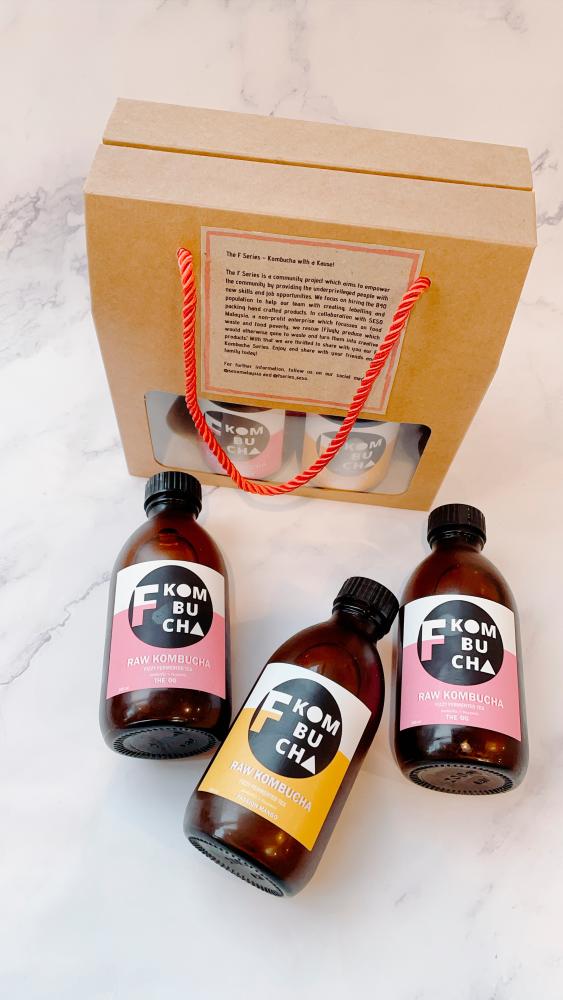
How is kombucha made?
“It is made by fermenting sweetened tea with starter kombucha and a gelatinous pancake-like substance called SCOBY (symbiotic culture of bacteria and yeast).
“It eats up most of the sugar in the tea, transforming the liquid into a slightly sour, refreshingly fizzy beverage. Kombucha tea base and the fermentation process give the beverage similar benefits as plain tea and fermented foods.
“These include probiotics that encourage gut bacteria diversity and aid digestion, as well as antioxidant properties.”
How is your kombucha different from others in the market?
“Our brew is made in small boutique batches, which allow us to control the flavour and the acidity. Our brew is not as sour as those offered in the market as a lot of mass-brewed kombucha has really high acidity.
“But there is nothing wrong with that, it’s just a different preference in flavour.
“We also curate our flavours based on ‘ugly fruits’ – produce that are rejected by grocery stores purely for cosmetic reasons (typically because they have a lower shelf life and their appearance changes due to discolouration or oxidisation).
“But the taste and nutrition are not affected. We have strict quality control measures in place to ensure what we deliver to our customers’ doorstep is fresh, safe, delicious and nutritious. If we wouldn’t drink it, we won’t sell it.”
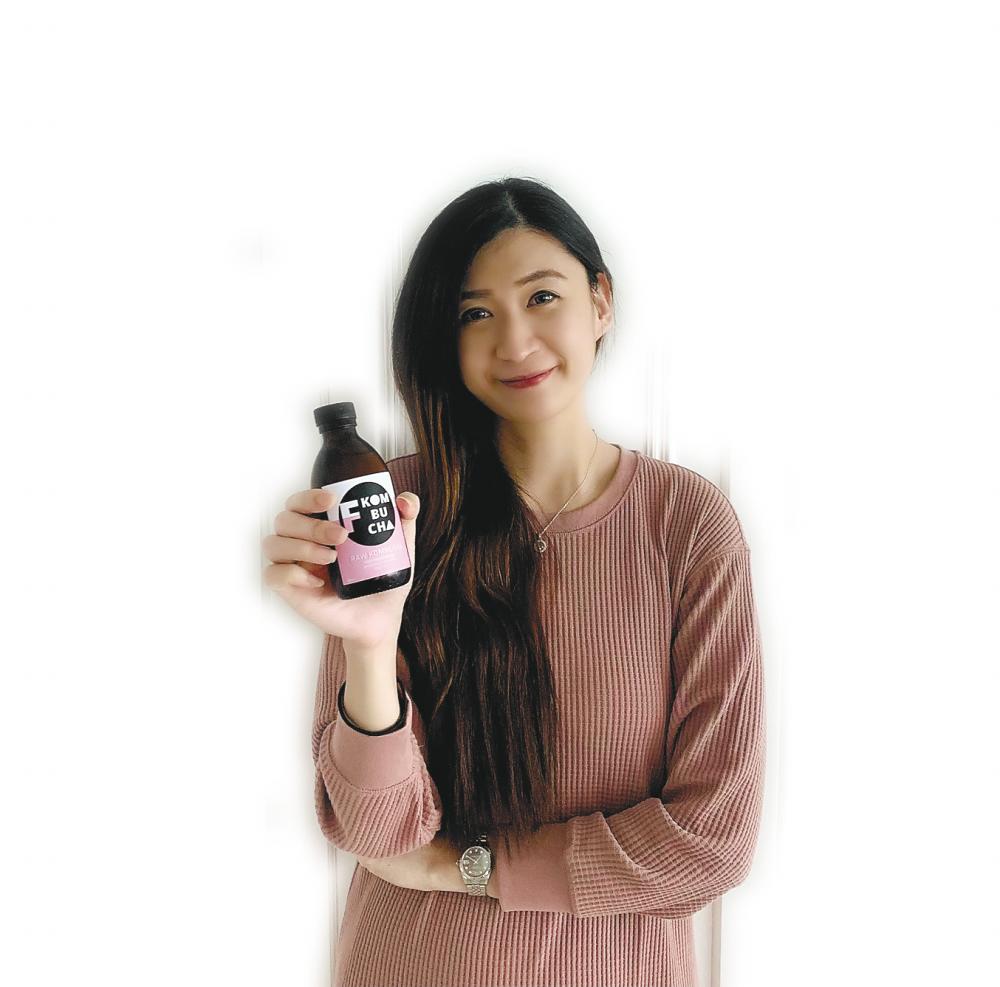
What motivated you to use such produce?
“At SESO Malaysia, we always have to find creative ways to use surplus produce, and kombucha is a great way to help save surplus produce by extending its shelf life and creating an interesting product.
“This reduces the amount of surplus food going to waste and ending up in landfills that create methane gas, that is bad for the environment.
“It also helps create jobs for the community, especially given the current pandemic situation, where many have lost their jobs. By turning ‘ugly fruits’ into a business, it helps to make SESO more sustainable, so that more people can benefit from the cause.
“It is really a win-win-win situation.”
What kind change do you hope for?
“We hope that a more sustainable food movement changes the way people view fresh produce on the shelves in supermarkets and the food on our plates. Give imperfect fruits or vegetables a second chance!”
